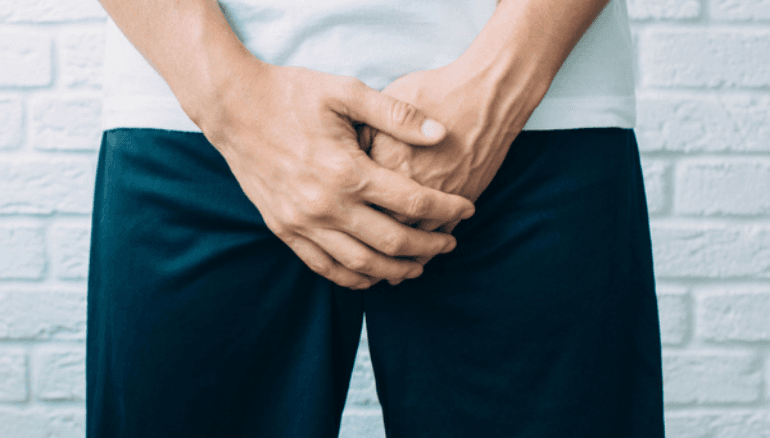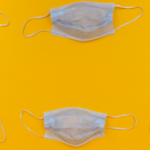Wondering why Nicki Minaj, COVID-19 vaccines and swollen testicles are making social and mainstream media headlines right now? On Monday the rapper received significant backlash after Tweeting that her cousin’s friend in Trinidad and Tobago ‘became impotent’ and ‘his testicles became swollen’ after getting vaccinated against COVID-19.
Minaj, who has 22.6 million followers on the platform, also said she wouldn’t be getting vaccinated to attend the Met Gala, as the high-profile event required, but would do so ‘once I feel I’ve done enough research.’
Although the anecdote quickly became meme material, health experts were keen to debunk the claims. Trinidad and Tobago’s health minister, Dr. Terrence Deyalsingh, responded in a news conference that no such case had been reported to his knowledge.
“Unfortunately, we wasted so much time yesterday running down this false claim,”
“As we stand now, there is absolutely no reported such side effect or adverse event of testicular swelling in Trinidad… and none that we know of anywhere else in the world.”– Dr. Terrence Deyalsingh, Trinidad and Tobago’s health minister.
Dr Anthony Fauci, Director of the US National Institute of Allergy and Infectious Diseases, criticised the spread of false claims telling CNN on Tuesday that, “She should be thinking twice about propagating information that really has no basis.”
“There’s no evidence that it happens, nor is there any mechanistic reason to imagine that it would happen,”
– Dr Anthony Fauci, Director of the US National Institute of Allergy and Infectious Diseases
NSW Health also weighed in, sharing the common side effects after a COVID-19 vaccine – which include pain or swelling at the injection site, tiredness, headache, muscle pain, fever and chills, and joint pain, and doesn’t include swollen testicles or erectile dysfunction.
There’s not even reliable evidence that COVID-19, which the vaccine helps prevent, is linked to developing erectile dysfunction1.
While Minaj’s tweets might seem laughable to many, the spread of misinformation on social media is a significant driver of vaccine hesitancy2. Vaccine hesitancy has dropped amongst Australian men over the year3, however, young men in Australia are taking up the vaccine slower than young women are, and overall men are less likely to be vaccinated than women.
Concerns about male sexual and reproductive health have circulated online but there is no evidence that any vaccine, including the COVID-19 vaccine, causes male infertility or erectile dysfunction.
In fact, a study published in JAMA analysed semen volume, sperm concentration, sperm motility and total sperm count in 45 healthy men before their first vaccine dose and around 70 days after their second4.
They found no significant decrease in any of the sperm quality parameters compared with the samples taken before the COVID-19 shots.
If you have concerns about getting vaccinated against COVID-19, be critical about where you get your information from. For accurate, evidence-based and up-to-date information about COVID-19 vaccines visit health.gov.au.













